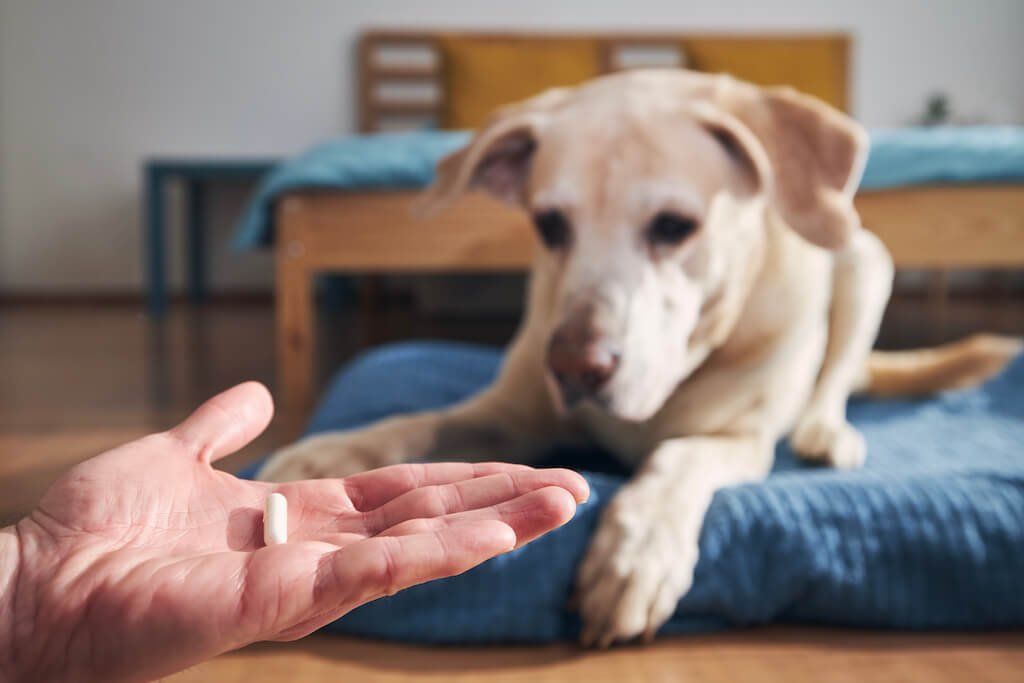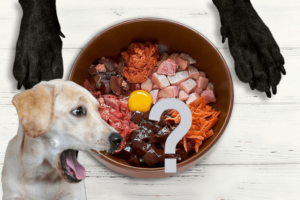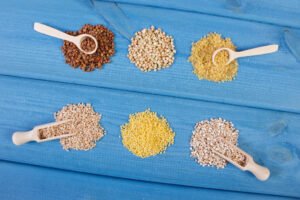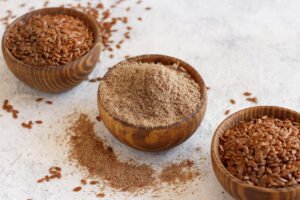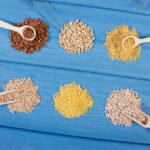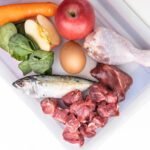As a dedicated dog owner, ensuring that your furry friend receives a balanced diet enriched with essential vitamins is crucial for their overall health and vitality. Vitamins play a significant role in supporting various bodily functions, from maintaining healthy skin and coat to boosting the immune system. Here’s a guide to understanding which vitamins are vital for your dog’s health and how you can incorporate them into their diet.
Why Vitamins are Important for Dogs
Vitamins are organic compounds that are necessary in small quantities to sustain life. Since dogs cannot produce most vitamins on their own, they need to get them from their diet. Here’s a breakdown of the key vitamins and their roles:
- Vitamin A: Essential for good vision, growth, immune function, and skin and coat health.
- B Vitamins (B1, B2, B3, B5, B6, B12, Folic Acid, and Biotin): These are important for energy production, brain function, and cell metabolism.
- Vitamin C: Although dogs can produce vitamin C in their bodies, supplementation can help reduce inflammation and aging effects.
- Vitamin D: Crucial for bone health and calcium regulation. It’s important to ensure your dog gets enough but not too much.
- Vitamin E: Acts as an antioxidant, helping to protect your dog against oxidative damage.
- Vitamin K: Necessary for blood clotting and bone health.

Natural Sources of Vitamins
Incorporating a variety of food sources in your dog’s diet can help ensure they receive a wide range of vitamins:
- Vitamin A: Found in liver, carrots, spinach, and sweet potatoes.
- B Vitamins: Whole grains, beans, yeast, and liver are all good sources.
- Vitamin C: While dogs can synthesize vitamin C, adding fruits like blueberries and apple slices can boost levels.
- Vitamin D: Fish and eggs provide Vitamin D; however, most commercial dog foods include adequate amounts.
- Vitamin E: Wheat germ, sunflower oil, and safflower oil are great sources.
- Vitamin K: Leafy greens and vegetables like broccoli and Brussels sprouts.
Supplements vs. Natural Sources
While natural food sources are the best way to ensure your dog gets the necessary vitamins, supplements can be beneficial in some cases. This is especially true for dogs with specific deficiencies or those on homemade diets. It’s important to consult with your vet before starting any supplements, as excessive intake of certain vitamins can be harmful.
Tips for a Vitamin-Rich Diet
- Variety is Key: Feeding your dog a variety of foods will help ensure they get all the essential vitamins.
- Consider Cooking: Lightly cooking vegetables can make it easier for your dog to digest and absorb the vitamins.
- Consult Your Vet: Especially when considering supplements or if your dog has specific health concerns.
- Read Labels: If you’re using commercial dog food, check the labels to ensure it’s fortified with essential vitamins.
Balancing your dog’s diet with the right vitamins is a cornerstone of good health. Whether through high-quality commercial foods, natural sources, or appropriate supplements, getting the right mix of nutrients can help your dog lead a healthy, happy life. Always remember that while enhancing your dog’s diet with vitamins is beneficial, it’s crucial to consult with a veterinary professional to tailor the approach to your dog’s individual needs.

